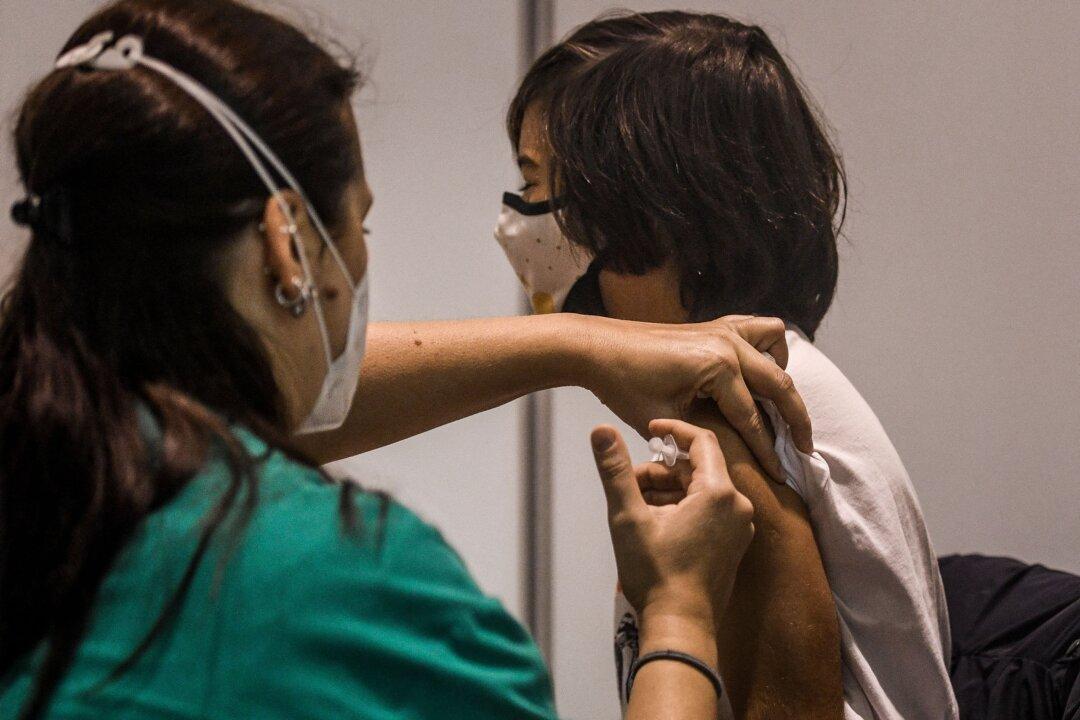People who have received a COVID-19 vaccine and a booster shot were more likely to end up in a hospital when infected with BA.5 than BA.2, according to a new study.
Researchers in Portugal found that BA.5 cases among the group had 3.4 times higher odds of hospitalization when compared to BA.2 cases.





